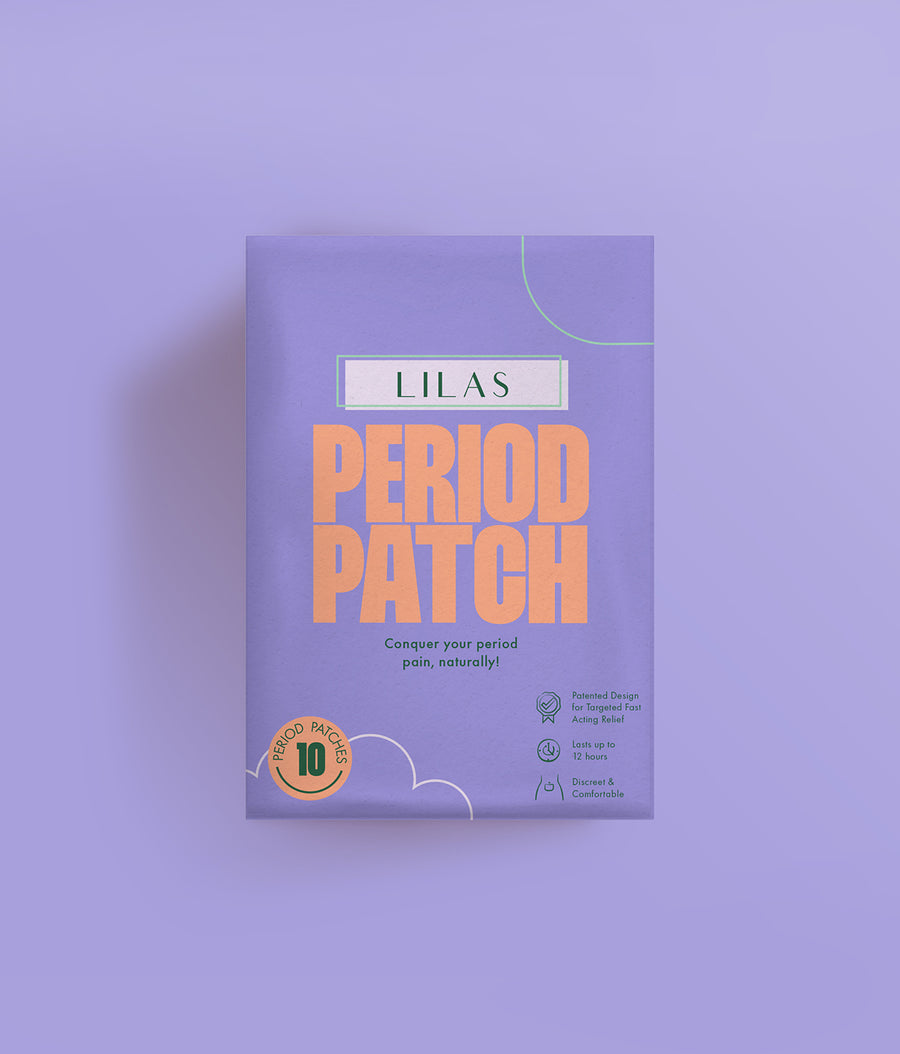New Mom, If You Think You’re Losing Your Mind, You’re Right.
Oftentimes, at the outset of motherhood, society at-large seems to emphasize preparing oneself for taking care of a baby, with the discourse primarily surrounding how a mother should change their behavior to accommodate a baby’s needs. However, there is notably less discussion around how a new mother needs to take care of herself amid considerable changes of her body and mind. Though there is some talk of certain physiological changes during pregnancy ( i.e. weight gain, ankle swelling, etc.), proper attention isn’t given to the ways in which new mothers change neurologically.
Along with major spikes in estrogen, progesterone, and other hormone levels like those at the beginning of adolescence, there are real anatomical changes occurring in a female’s brain that coincide with pregnancy, birth, and postpartum stages. In fact, a hallmark study conducted by Dr. Hoekzema and her colleagues in 2016 indicated that there is a substantial decrease in the gray matter volume in a woman's brain during pregnancy and up to two years postpartum. In other words, pregnant women and new moms quite literally lose (some of) their minds.
Gray matter volume reduction may sound alarming. This concern isn’t assuaged when brain gray matter decrease is correlated with brain aging. However, there is nothing to fear. In the cases of pregnancy and early postpartum, gray matter reduction is actually a good thing. Gray matter is made up of neuronal cell bodies with unmyelinated axons and is largely responsible for more localized cell communication with the brain. These neuronal system connections within gray matter allow us to retain information and process the world in ways that are not always necessary. By extension, it is helpful to think of gray matter volume reduction as a type of pruning. The brain removes unneeded connections to effectively streamline its functioning towards maternal tendencies. For example, according to a 2018 study on maternal brain plasticity, gray matter reduction around neurological reward and social cognition pathways, which include brain structures like the amygdala, enable a new mother to be more alert to and less aggravated by her baby’s cry. Is it possible to over prune? Yes, but is this pruning process ultimately for the better? Absolutely.
To return back to the correlation between gray matter volume loss and brain age, according to a 2019 study, the brain can undergo an age reversal as soon as 4-6 weeks postpartum. This means that gray matter begins to regenerate in the places it was originally pruned. In the context of this study, researchers were able to use a computer algorithm to actually identify who were the new mothers based on the rate and placement of the gray matter reduction. Using gray matter volume data to parameterize a year, a woman’s brain 1-2 days after pregnancy is on average 5 years older than a woman’s brain 4-6 weeks after birth. Most notably however, even though a lot of the lost gray matter volume returns, it is redistributed in new ways. The structures involving the reward neural pathway like the amygdala again are among the first to increase in gray matter size to reinforce the nuancing of the maternal-infant social connection. As a baby’s needs become more advanced, so does the mother’s neurological ability to address them. Though it is difficult to say whether gray matter volumes ever return to “normal,” it is reasonable to suggest that they are ideally optimized for different stages of motherhood and life at-large.
So, to any new mom, allow yourself to step back, acknowledge how much you’re changing, and give yourself well-deserved credit for weathering it all to the best of your ability. Perhaps being aware of the fact that your brain is in flux will provide a bit of solace. Neurological shifts may impact your physical and emotional states. Know that in order for you to be the best mother you can be, you need to take care of yourself. In many ways, new motherhood is similar to adolescence in its propensity for chaos. Grant yourself the time and space to prioritize your own well-being. With hopefully ample support, you now have a baby to help nurture and protect. That's no easy feat. And remember, in the midst of it all, even when you feel like you're losing your mind, that you are still you, that you are capable, and that you're doing more than enough.


Leave a comment